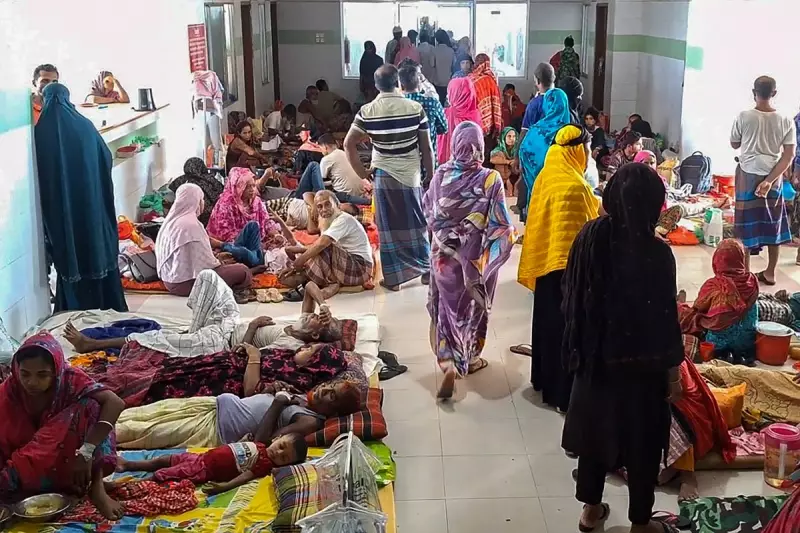
Bangladesh is reeling from its most severe dengue fever outbreak in history, with official figures revealing a devastating death toll and infection rate that has shattered previous records. The situation has escalated into a full-blown public health crisis, stretching the nation's medical resources to their limits.
According to the latest data from the country's Directorate General of Health Services (DGHS), the outbreak has claimed a staggering 1,476 lives since the beginning of the year. The total number of confirmed cases has skyrocketed to 291,832, painting a grim picture of the epidemic's scale.
A Crisis Defying Seasonal Patterns
In a alarming departure from previous years, the deadly mosquito-borne virus has continued to spread aggressively beyond its typical monsoon season peak. Hospitals and clinics across the nation remain overwhelmed with patients suffering from high fever, severe joint pain, and other debilitating symptoms characteristic of the disease.
Public health experts point to a combination of factors driving this unprecedented crisis, including erratic rainfall patterns, rising temperatures, and rapid urbanisation creating ideal breeding conditions for the Aedes mosquitoes that carry the virus.
National Response and International Concern
The severity of the outbreak has prompted urgent responses from both national authorities and international health organisations. The World Health Organization has been working closely with Bangladeshi health officials to implement control measures and provide technical support.
Despite these efforts, healthcare facilities continue to struggle with the sheer volume of cases. Medical professionals report critical shortages of beds, intravenous fluids, and essential medications needed to treat the most severe manifestations of the disease.
This ongoing crisis serves as a stark warning about the growing threat of mosquito-borne diseases in a changing climate, with implications for public health systems worldwide.





